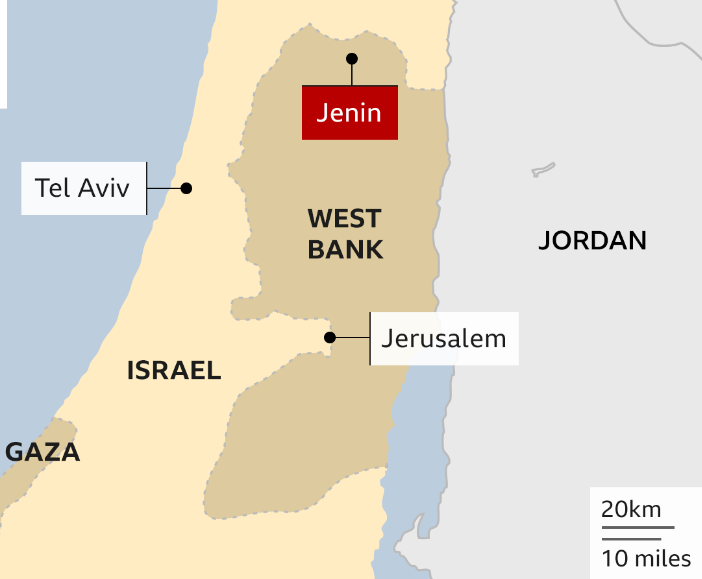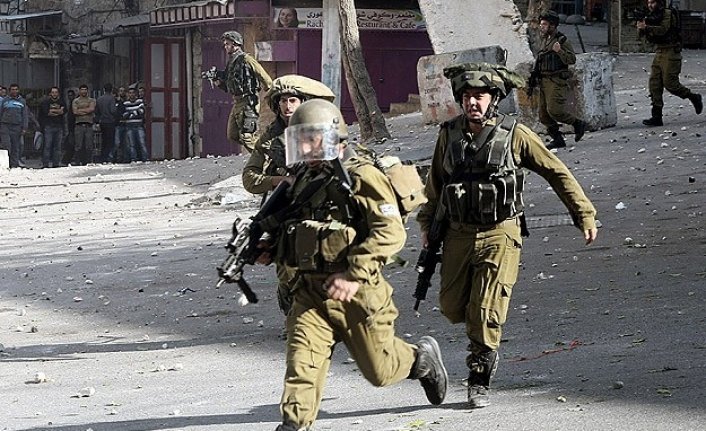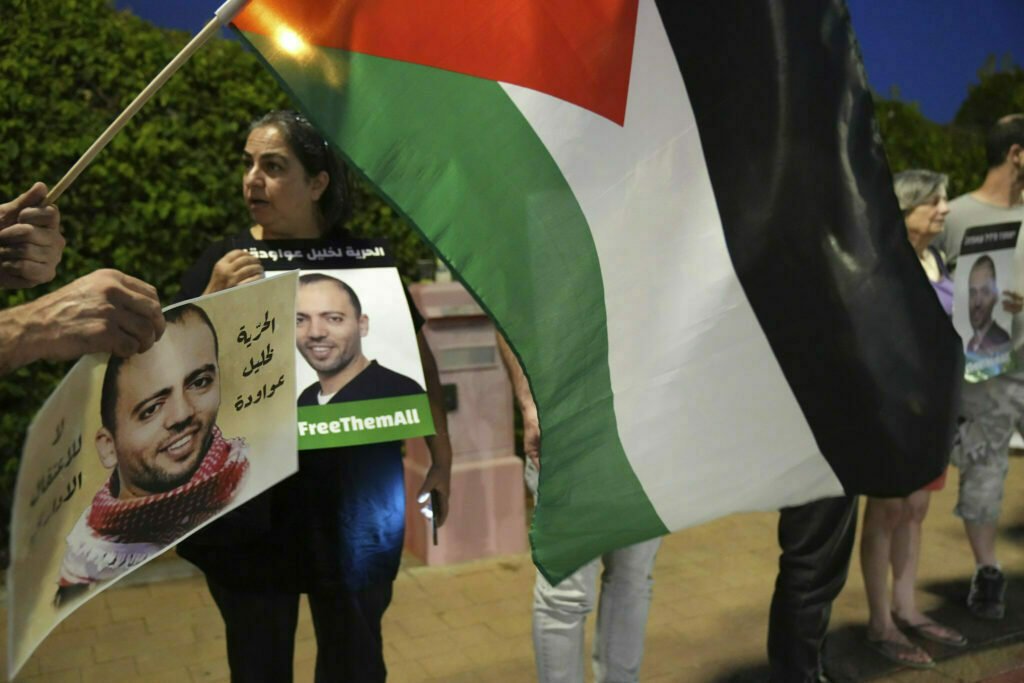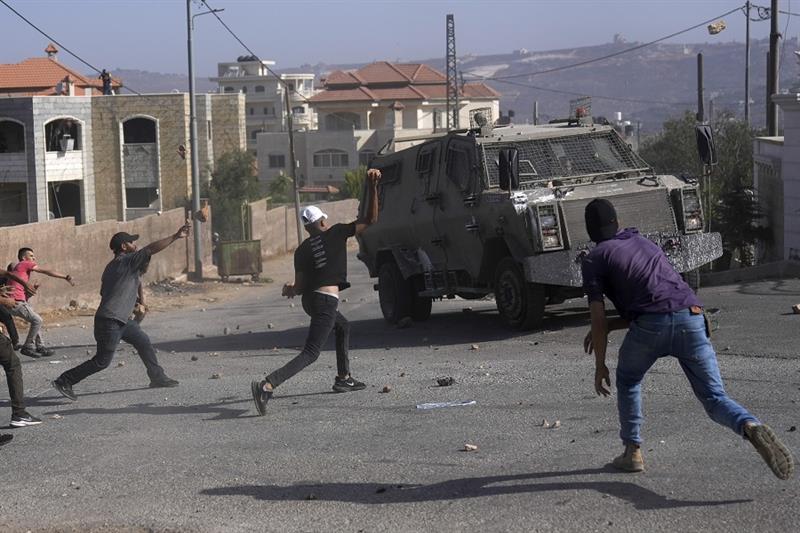Is a third Palestinian revolt inevitable after Jenin? The worst military assault by Israel in a long time has increased the likelihood of an uprising.
Over the past year, Israeli military incursions in the occupied West Bank have increased in frequency, killing at least 200 Palestinians, both combatants and civilians.

However, the raid in Jenin on Thursday, when dozens of Israeli special forces attacked a home thought to contain combatants, sparking hours of fierce fighting, was more evocative of events that took place there in 2002, during the second Palestinian Intifada, or uprising.
Jenin served as a hub for Palestinian armed groups resisting the Israeli occupation both then and now.
During the Battle of Jenin in 2002, which lasted for a week, at least 52 Palestinians—many of them civilians—as well as 23 Israeli soldiers died.

Israel has steadily changed its policy to treat the occupation of the Palestinian people, which has been going on since 1967 and is illegal under international law, as a security issue rather than a political one since the end of the second Intifada in 2005.
The construction of the barriers around the West Bank has made Israelis largely safe from attack, while the military retaliates against the Palestinians when necessary.
Benjamin Netanyahu, the Israeli prime leader who recently took office again, is the person who has been in charge of most of that strategy.
The longest-serving Israeli prime leader, Benjamin Netanyahu, is confident that his plan has been successful and has inked normalization agreements with various Arab nations since 2020, including Morocco and the United Arab Emirates.
“In the preceding decade, our political adversaries warned us that we would face a diplomatic tsunami if we did not make unprecedented concessions to the Palestinians, which would swiftly turn into a horrible economic tsunami,”
During a news conference on Wednesday, Netanyahu said. “In reality, the exact reverse occurred. Four historic peace agreements between Israel and Arab nations, as well as previously unheard-of diplomatic success and economic prosperity, were the results of our program.
Netanyahu is correct. Even as it has shifted to the far right and tightened its grip on Palestinian life, Israel has not faced much international opposition.

He has also thought he can manage the circumstances in Gaza and the West Bank.
However, Netanyahu has been dealing with an older Palestinian generation, and many of the country’s young people are growing impatient and more ready to retaliate.
This is what has caused a number of armed groups to appear in the West Bank during the past year, purportedly independent of the Palestinian Authority or the conventional Palestinian factions like Fatah, Hamas, and the Palestinian Islamic Jihad.
Young people make up the members of these new organizations, probably most notably the Nablus-based Lions’ Den.
Although many of them are connected to the established factions, they have chosen to go their own path and confront the Israelis.
As part of an operation Israel dubbed “Break the Wave,” it has been one of the factors contributing to an increase in Palestinian attacks on Israelis in the first half of 2022.
The growing irrelevance of the senior politicians who have dominated Palestinian political life for decades is a larger issue that is addressed by these new groups.
That includes Mahmoud Abbas, the president of the Palestinian Authority, who is 87 years old, unpopular, and has no obvious successor.
Foreign nations are finding it more challenging to step in and bring about peace as a result of the lack of leadership and the formation of the new independent groups, especially if the Israeli government keeps up its brutal treatment of Palestinians.
The goal of the new armed organizations is to put an end to the occupation, not to calm things down.
The occupation appears to have become even more entrenched as far-right organizations have gained power within the Israeli government.
More than 500,000 people live in illegal Israeli settlements in the West Bank, and the Israeli government plans to “legalize” settler outposts that were previously deemed unlawful under Israeli law.
Additionally, the Israelis detain thousands of Palestinians, 800 of whom are being held without charge.

The situation has reached a critical point as a result of aggravating circumstances like the Jenin raid.
Conflicts at the Al-Aqsa Mosque in occupied East Jerusalem, another Israeli attack on Gaza, the eviction of Palestinians from East Jerusalem and the West Bank, or a lethal Israeli incursion into a Palestinian refugee camp might all trigger a third uprising.
After such a tragic year, it may be obvious that a third Intifada has already started. Similar incidents were a part of the first and second Intifadas.




